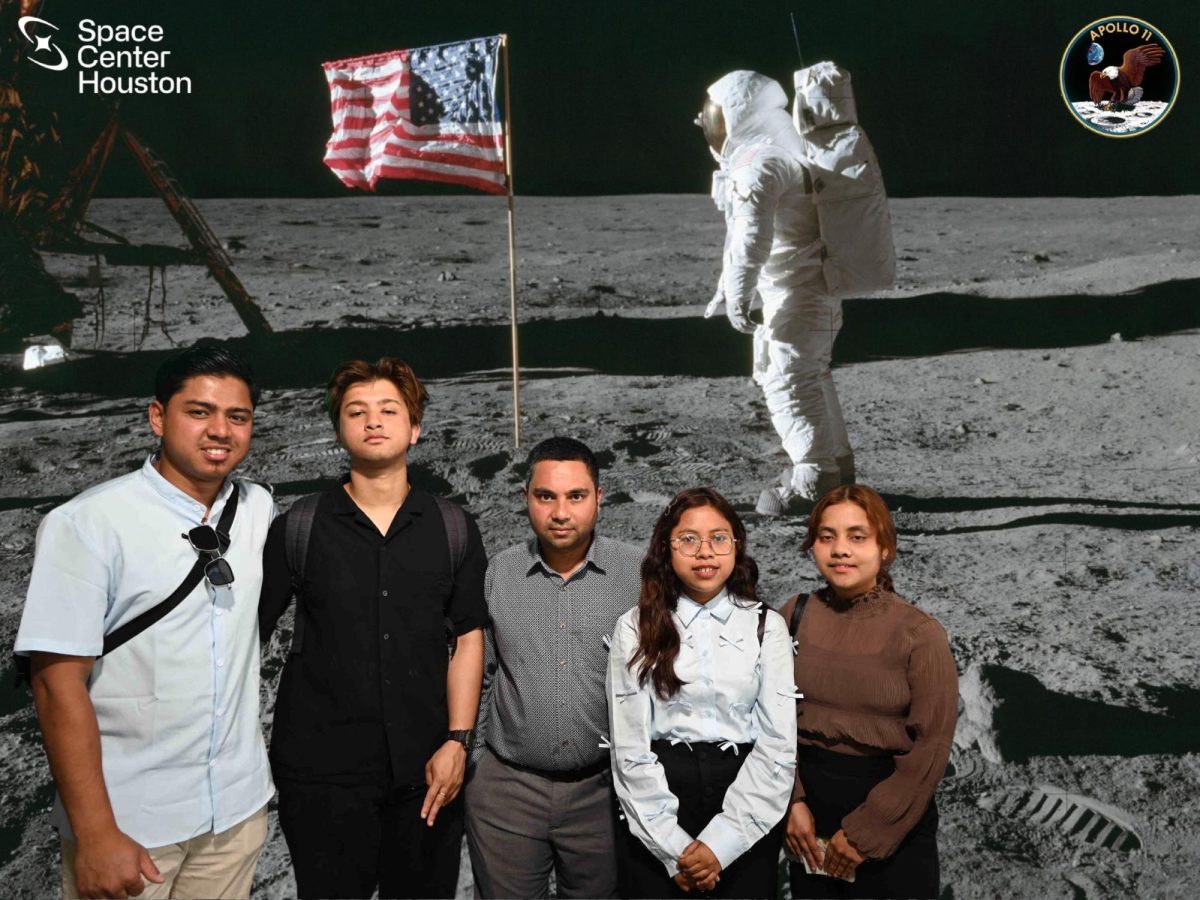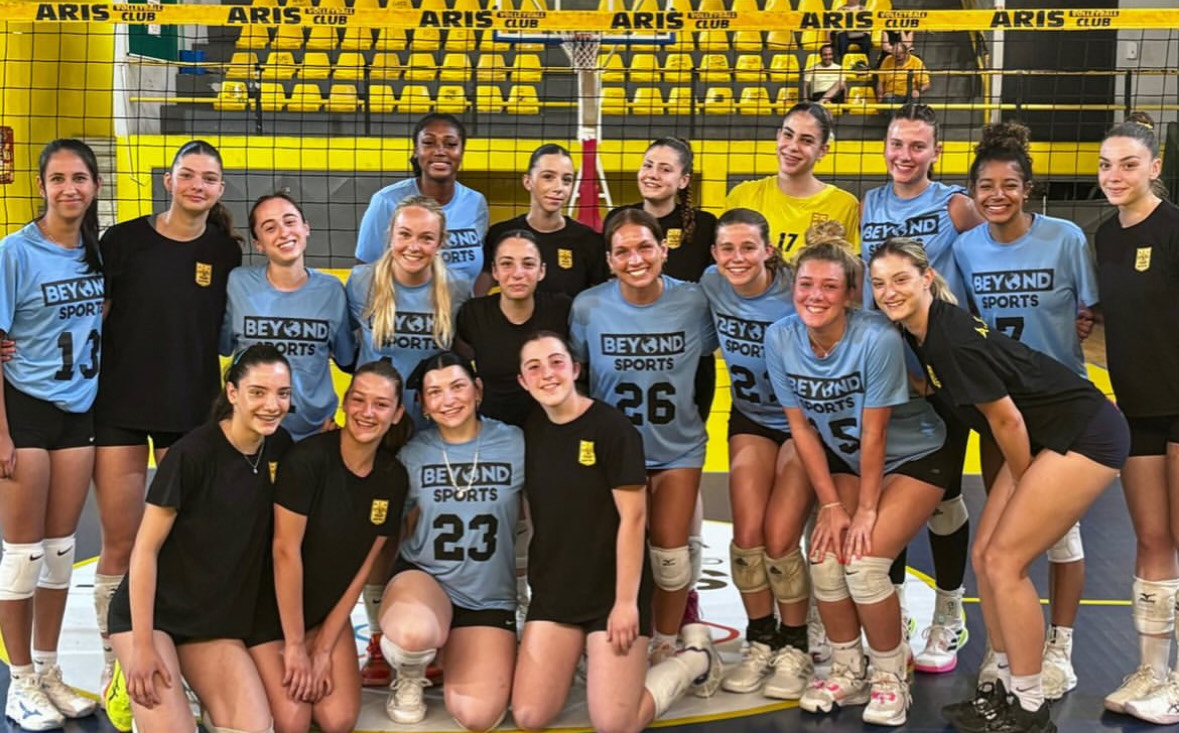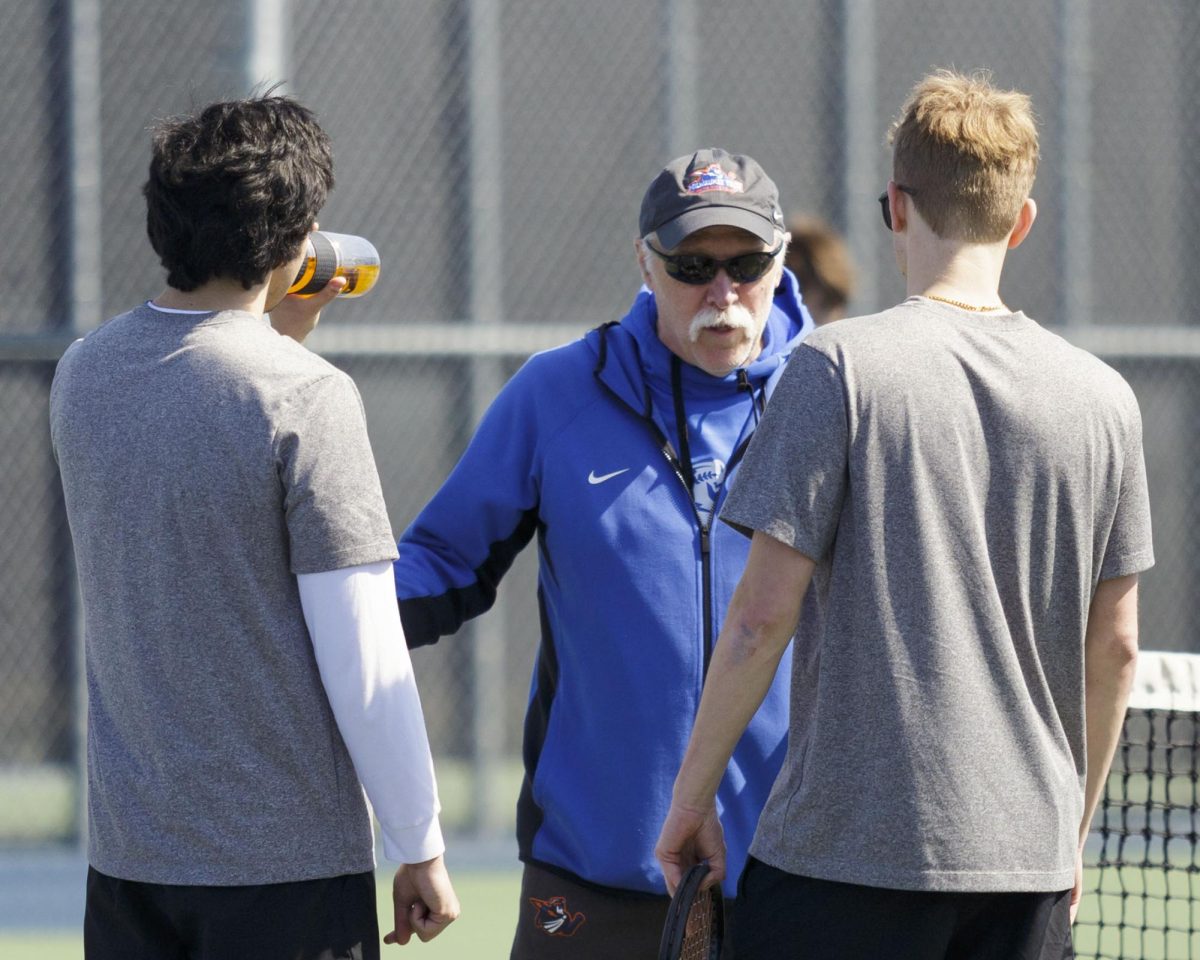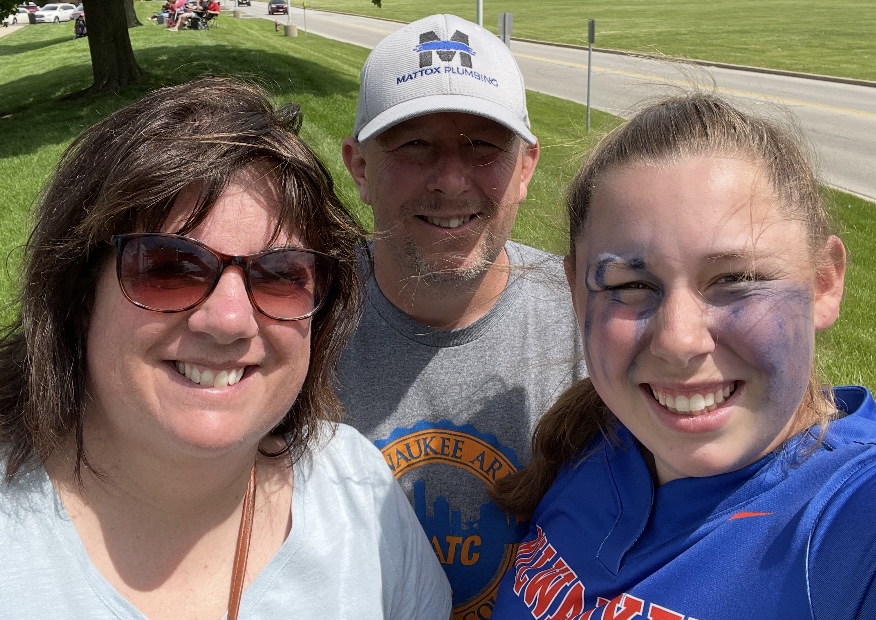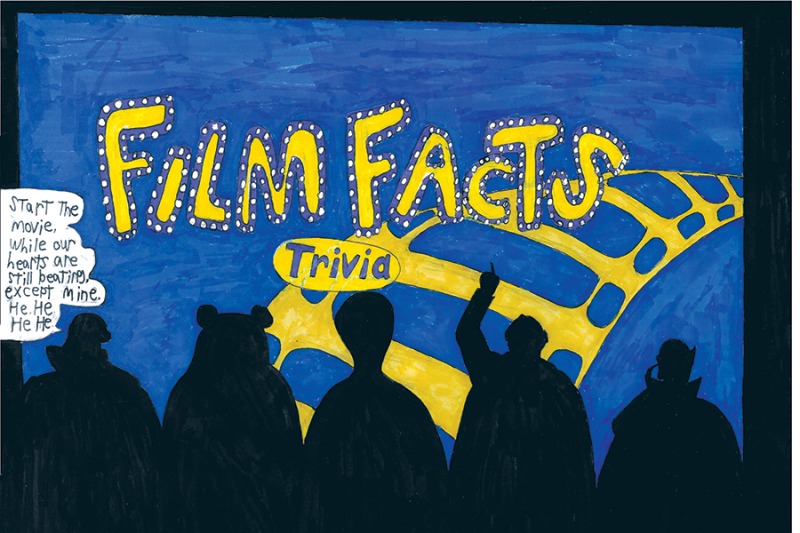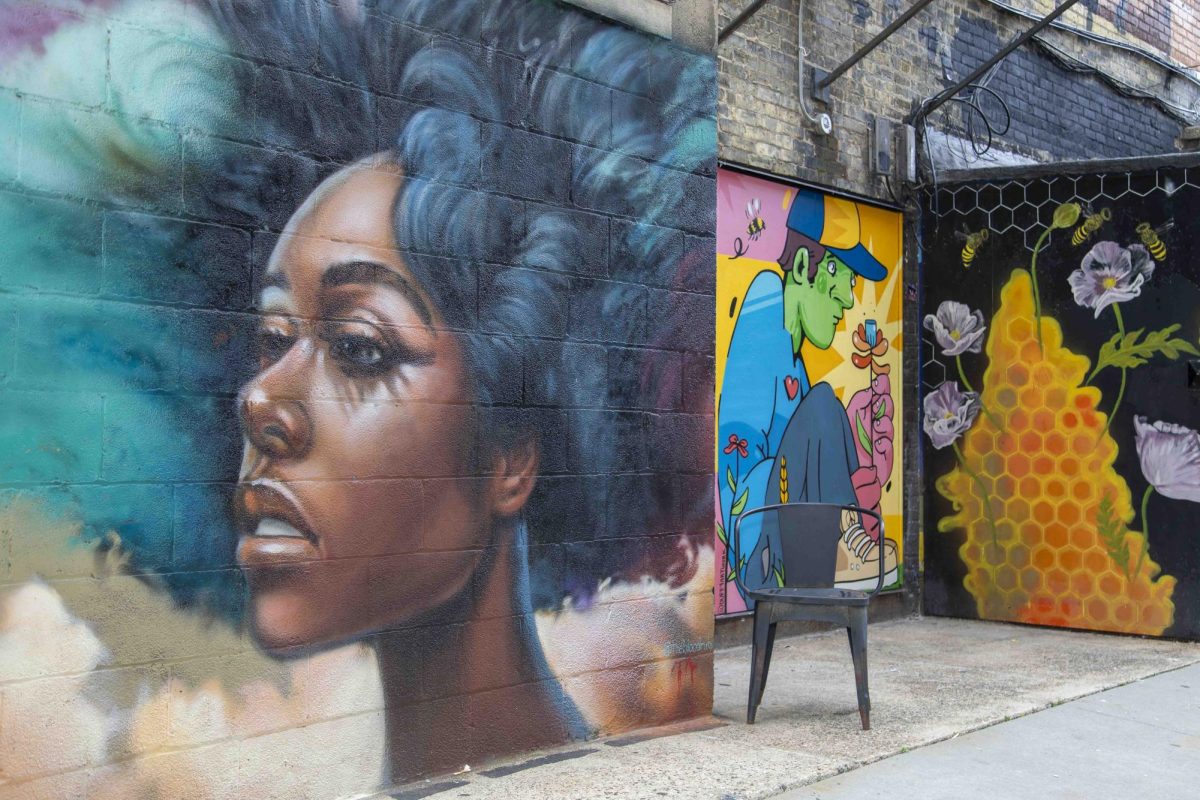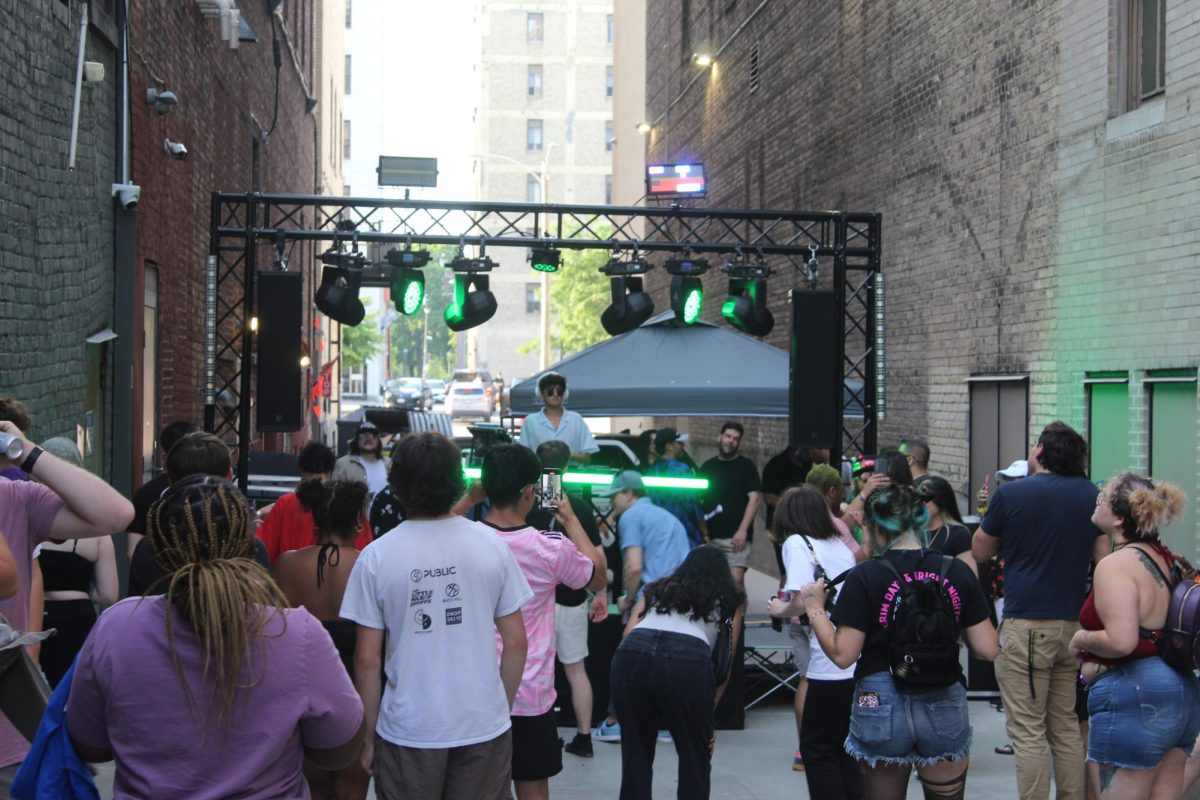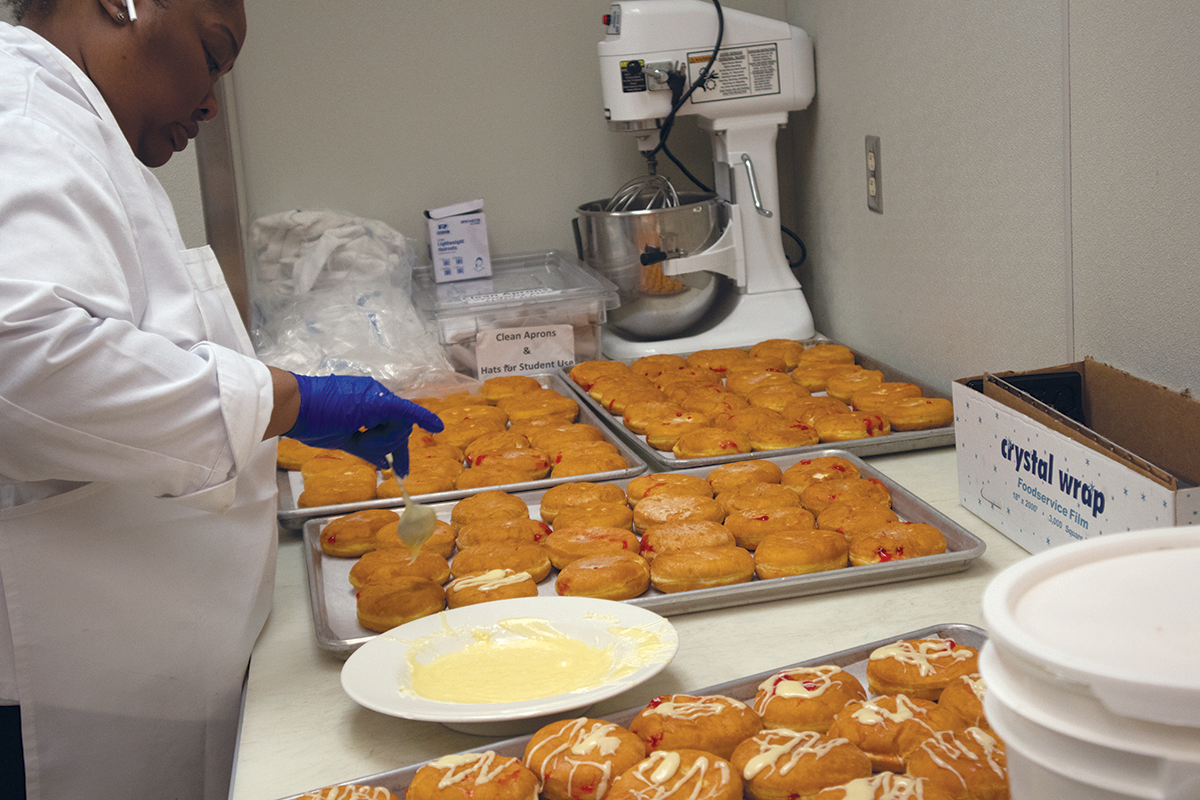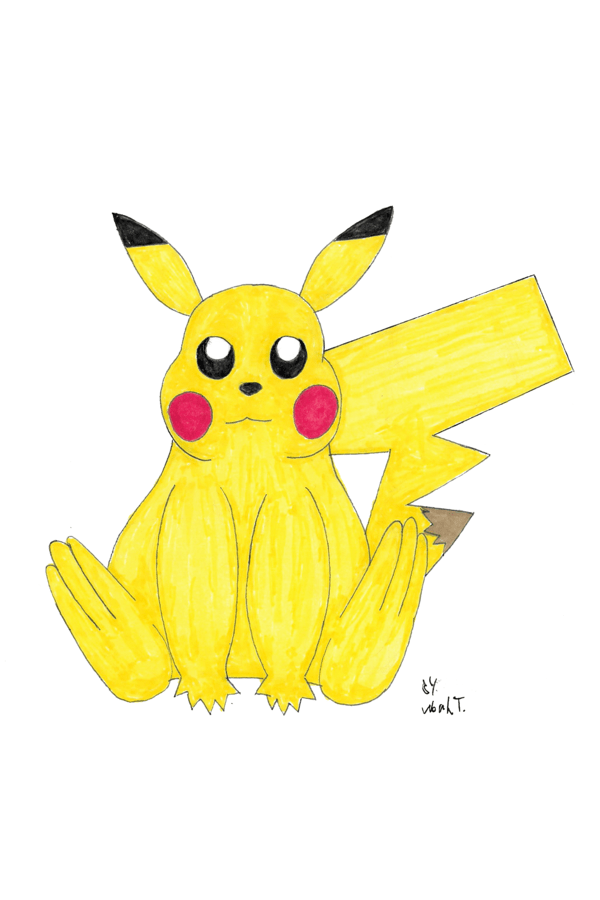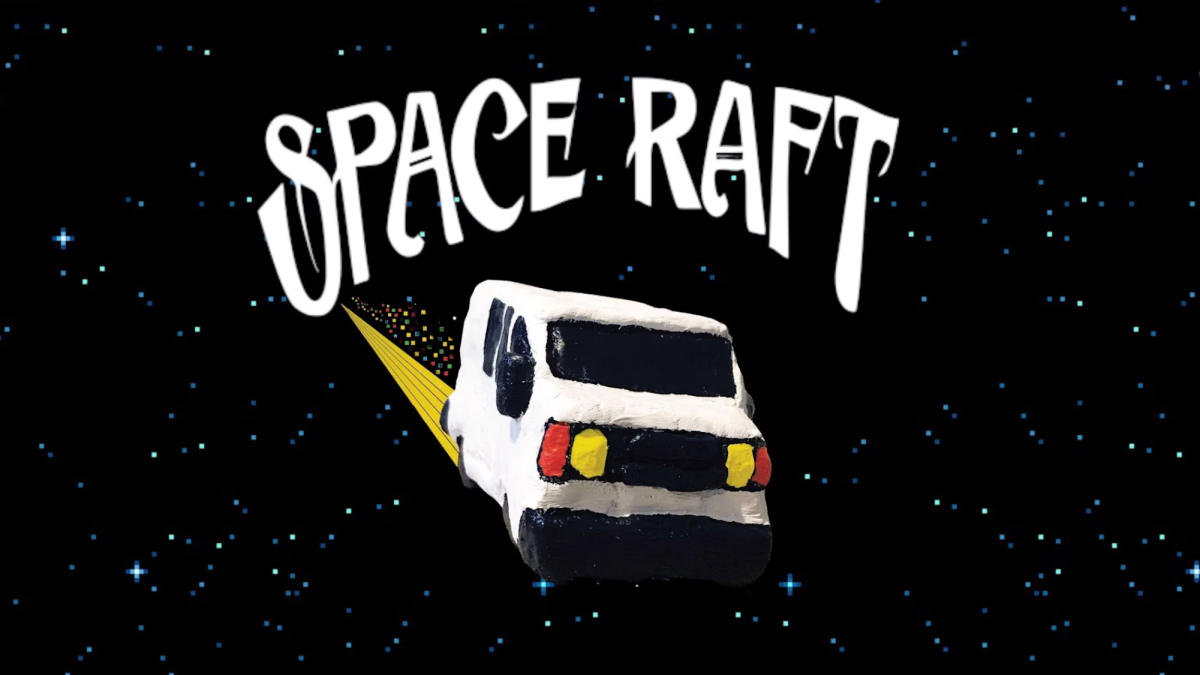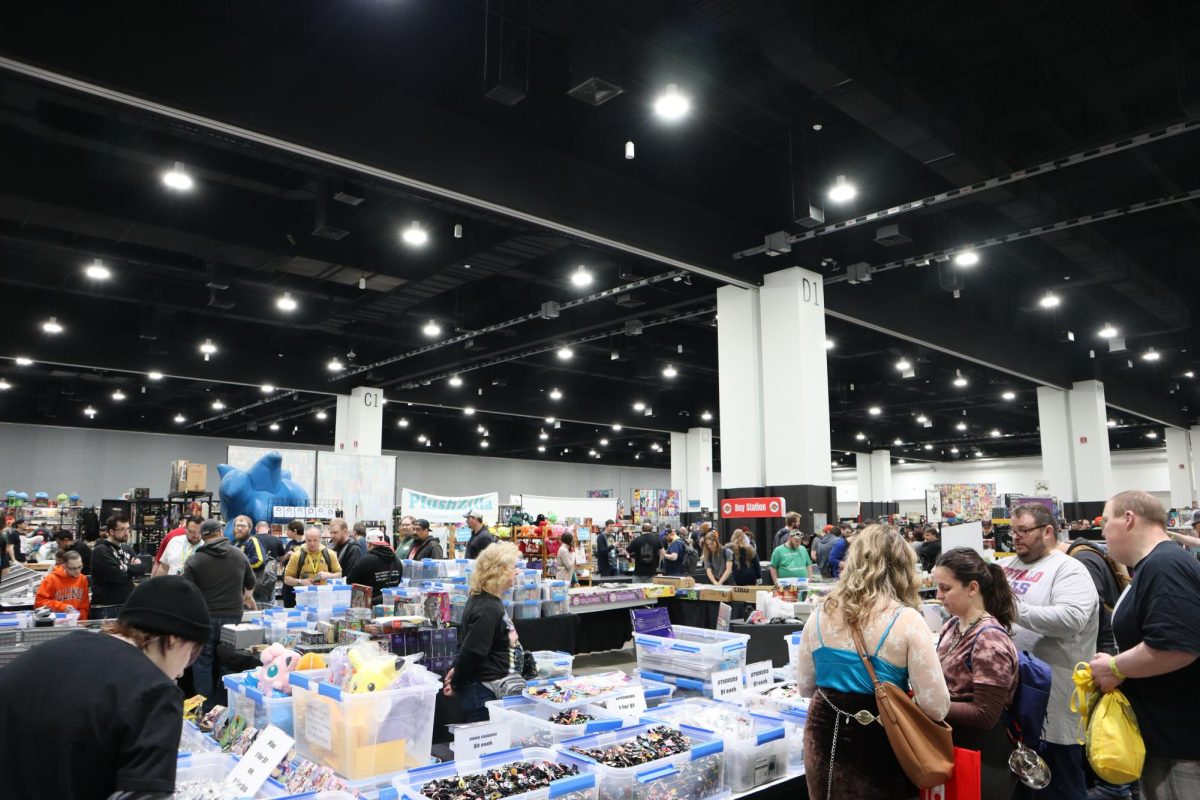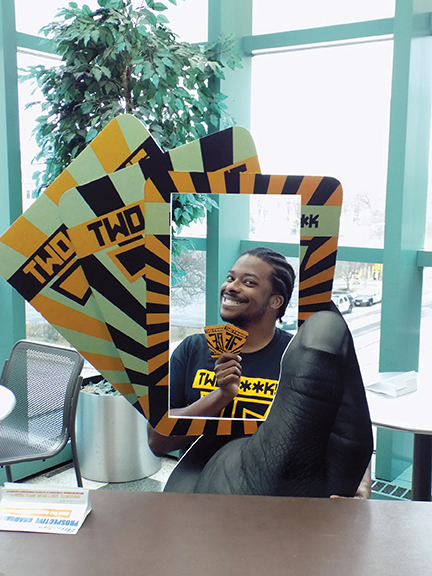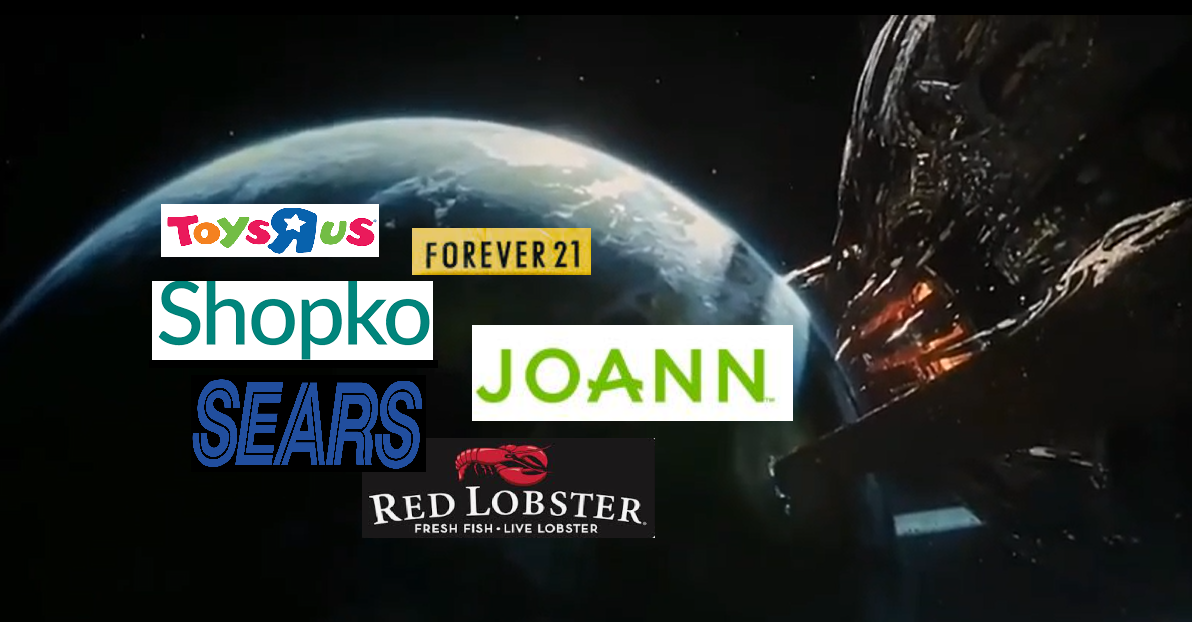Everyone is familiar with Pokemon, even your grandma probably recognizes a Pikachu. For the past 25 years, it has been nearly impossible to avoid the subject if one has brushed up with any amount of pop culture. I myself had a copy of Pokemon Red Version in 1998, as well as Pokemon Silver in the year 2000. I played Pokemon Snap and Stadium on the Nintendo 64, and I loved them all to pieces. For just how formative this series was for me in my youth, it is perhaps surprising then that in 2003 – upon the release of Pokemon Sapphire and Ruby – that I simply didn’t care.
It is hard to say exactly what about the series changed that caused it to no longer appeal to me, but my older brother and our friends also passed over the newer games. The monster designs were all different, but they weren’t that much different. The story about two rivaling teams of eco terrorist death cults competing to realize their unique versions of the apocalypse is more interesting than anything that had ever happened in the previous 2 titles. Yet nothing about it particularly struck me. The initial hype of “Pokemania” had waned by the early 2000’s, and there are many more like myself who feel the same.
This series of events repeats itself generationally as well. I personally know plenty of people 5, 10, and 15 years my junior who have their own ideas of “when Pokemon was good.” I submit here that while Pokemon the series is always evolving, it is not the greater Pokemon experience that is different; it is that we as individuals are changing.
While you grew up, entered middle/high school or college/the workforce, made new friends, fell in love, and played different video games, Pokemon kept doing its thing. These life experiences shape how we engage with art. This is where self-reflection goes beyond Pokemon and video games, this type of thoughtful critique is necessary to all expression and its place in society.
Many my age will remember the intense universality of Twilight, as well as the equally fierce negative response to that popularity. The blowback against a series of books and movies that we all were able to simply not watch if we didn’t want to was completely unwarranted. In the time since, I’ve begun to wonder “does our society specifically hate things intended for the enjoyment of teen girls?”
The ability to reflect on your experiences, and how they shape your worldview is one of the most important skills for successfully navigating mixed society. During your time at MATC, you will assuredly find yourself a peer to someone of a different race, generation, or gender identity, and those people’s histories will inform the way they experience the same college courses that you are. The word “mindfulness” gets thrown around a lot, but there is overwhelming value in recognizing why you think and feel the way that you do, and that other people’s thoughts and actions are valuable for them for the same reasons yours are to you.
Other people will unintentionally rub you the wrong way, or say something that seems rude, or have an attitude that seems unbecoming from your perspective. It is up to all of us to show understanding and to approach interpersonal interactions with humility. Diversity is our strength as people, just as a team of Pokemon is incomplete without different element types and move sets.

